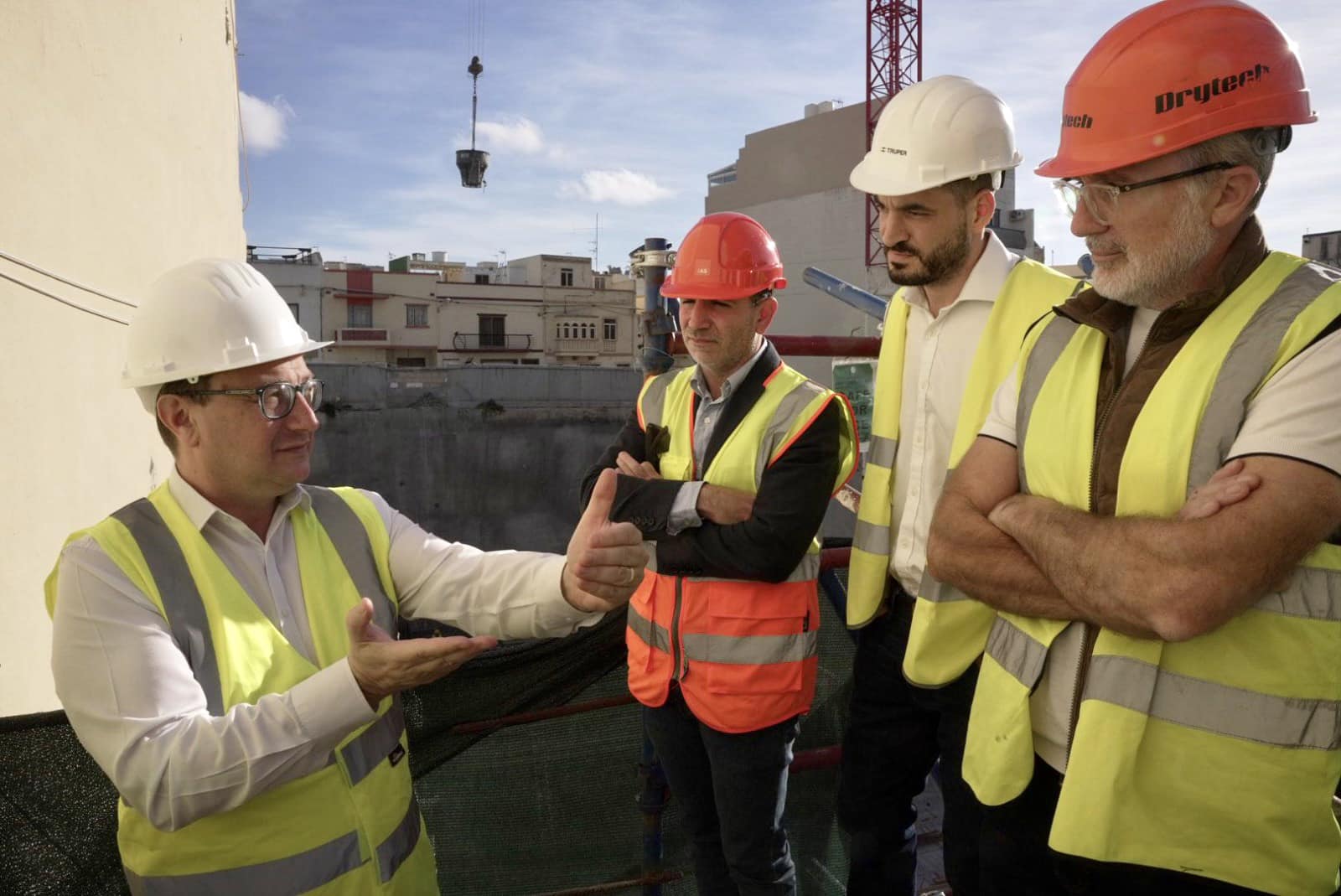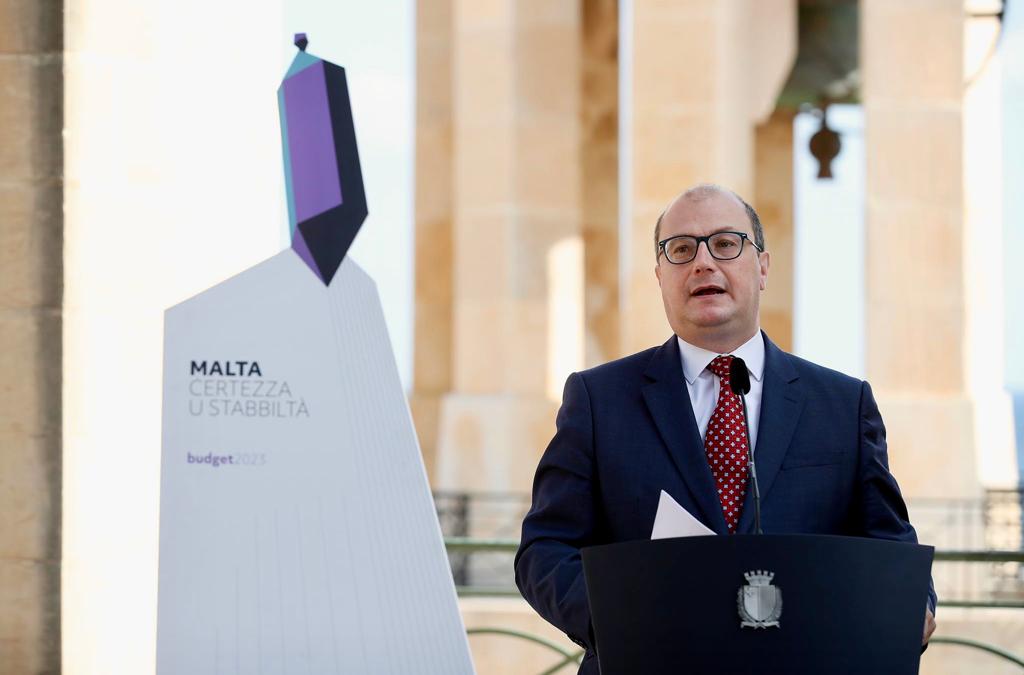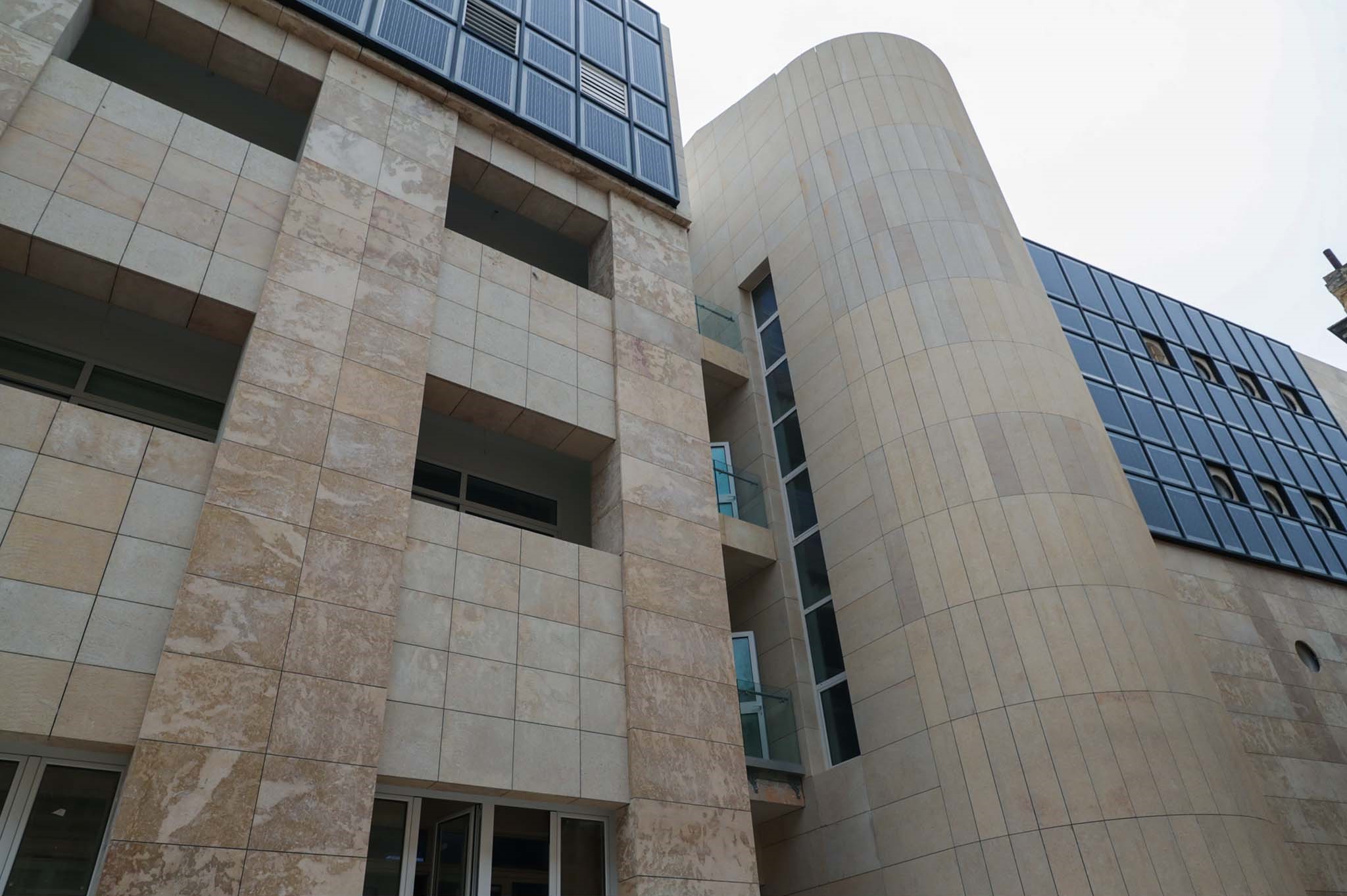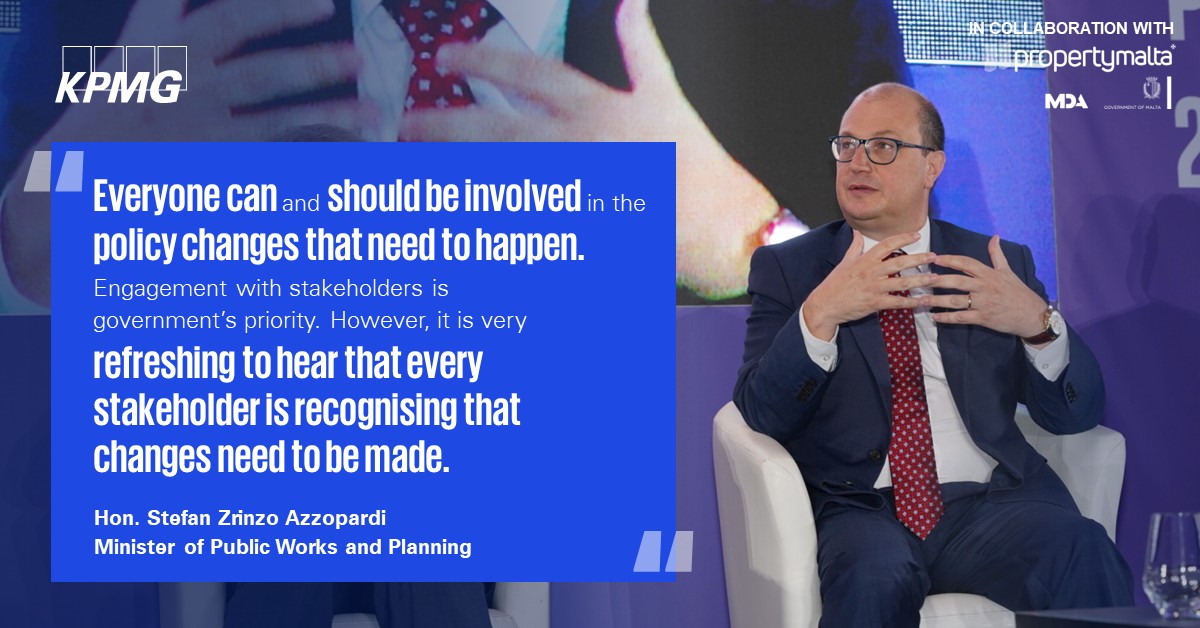The topic of energy in the past few weeks and months has been very topical, particularly from the political and economic facets. We have all noticed the debates across the EU and how the impact of energy prices affects our economies. We are at an exciting juncture. Yet we need further messages of stability and decisive action to disregard. We have a full agenda that we need to address, and the energy efficiency issue in buildings is significant to the government. We must also take action to see that the impact of surging energy prices is kept to a bare minimum, if not negligible.
We must also take action to see that the impact of surging energy prices is kept to a bare minimum, if not negligible.
However, there is a bigger picture: our commitment to decarbonising our economy. And we have to look at this from various angles, not only about the amount of fossil fuel we use. It is about the way forward to ensure continuity and economic activity, to instil growth in our economies, and to ensure that we provide what families and people need. But at the end of the day, we must always bear in mind that we have a clear focus, that we have a clear goal, and that the goal is undisputed.
Interestingly, in the aftermath of the Covid pandemic, with increased teleworking, we have seen a jump in greenhouse emissions because of the greater use of our homes. Only 40% of energy is consumed inside the buildings, and buildings are responsible for no less than 36% of greenhouse gas emissions – undoubtedly a sizable amount. The buildings that we use could be more energy efficient.

Did you know that 75% of the building stock in Europe is not energy efficient?
The general sentiment around the building and construction industry yearns for improved quality not just in design and aesthetics but also building techniques and materials.
There have been many changes in how we live and work, and more changes are necessary to address the climatic changes we face. We also must look at the new directives that are being introduced, as well as directives that are already in force and how we intend to act upon them to achieve the established objectives, and we should ask an obvious question. Where do we stand?
The general sentiment around the building and construction industry yearns for improved quality not just in design and aesthetics but also building techniques and materials. Earlier this morning, I had an opportunity to address a press conference tied to budget measures.
As well as our ministry’s plan to update to see that this sector evolves, an essential aspect of the evolution that is necessary for the construction and building sector is buildings that are more energy efficient on two levels, the newly built and the retrofitting of older ones.
One of the roles the Building & Construction Authority (BCA) plays is this education, and we have started several initiatives in this regard.
We need to understand that there is a need for a paradigm shift in how we plan and develop our living spaces. We need to make people more aware of the importance of energy efficiency in buildings, a matter that needs to be addressed in both existing (or old) buildings, not only in newly built ones. One of the aspects that I like to communicate when I discuss the sector is that for too long in our country, we have always looked at the construction and the real estate sector from the supply side. We need to ask what the consumer’s position is – a missing factor that has given rise to several missed opportunities in the field.

It is high time that consumers buying a property know the energy efficiency levels and property. The supply side will understand that it is time for a change when the consumers ask these pertinent questions more vigorously and continuously. So, it is high time that consumers know that there are rights related to energy efficiency in this regard.
It is high time that consumers buying a property know the energy efficiency levels and property. (…) So, it is high time that consumers know that there are rights related to energy efficiency in this regard.
One of the roles the Building & Construction Authority (BCA) plays is this education, and we have started several initiatives in this regard. In this respect, we have also increased the tempo of our media campaigns and are working with the Ministry for Energy to support our message through legislation. Once the Legislative framework is in place, we have the challenge of compliance. I will be delving into this further, even considering other changes that we are noticing and being stated over time.
The establishment of the BCA – which focuses on the holistic quality of our buildings – was an essential change in the Maltese construction ecosystem. When we discuss this sector, most of the time we talk about the Planning Authority, we speak about planning permits, but we need to start having a broader view and discuss the quality of these buildings.
Consumers need to be more aware that we could achieve higher and better-quality levels. In that case, we must ensure that all players in the various construction sector have the essential technical and professional skills to practise in their respective fields. The time for amateurism is over. So, it is not merely a question of just legislation; it is not just a question of government. We will only succeed once we bring everyone on board with the ultimate good aims.
Retrofitting to maximise environmental sustainability is a distinct type of industrial activity within the construction sector, one which will give rise to new business opportunities in this specialised sector.
I don’t believe in a revolution that happens overnight but in a gradual evolution. We have to evolve into having a better building stock. One of the initiatives my ministry has taken in the past few months, which I saw when I was still Parliamentary Secretary responsible for European Funds, is the retrofitting of Project House.

This building was commissioned by the Public Works Department in the late 80s or 90s. Still, by today’s standards, it has a poor energy efficiency standing and is crying for a retrofit. It will cost €4 million to upgrade this building; however, the Public Works Department and the Ministry see the retrofitting of this block as an opportunity to showcase best practices in the field, an example of the kind of eco-friendly projects we need in Malta.
Soon, energy-efficient buildings will benefit from higher financing opportunities. If they are going to make such a change, banks need to explain how they intend to make it. It would be a significant loss if banks were to take such decisions without considering the holistic approach and impact while our building stocks are at such a high level.
Retrofitting to maximise environmental sustainability is a distinct type of industrial activity within the construction sector, one which will give rise to new business opportunities in this specialised sector.
It is crucial not just for the government but for the whole economy and the whole sector and a way forward to ensure sustainability both from an environmental point of view and an economic and financial side of things.

Abou a week ago, I participated in a conference organised by KPMG wherein a bank official mentioned that banks are considering that when financing loans, they intend to take into consideration the qualities of a building and its energy efficiency when evaluating alone and the cost of a loan. Soon, energy-efficient buildings will benefit from higher financing opportunities. If they are going to make such a change, banks need to explain how they intend to make it. It would be a significant loss if banks were to take such decisions without considering the holistic approach and impact while our building stocks are at such a high level.
Banks expect higher quality buildings and limited carbon footprint levels to finance projects, so we must understand that the time has come to change our methods and update our practices.
The financing world expects higher quality buildings and limited carbon footprint levels to finance projects, so we must understand that the time has come to change our methods and update our practices.
As stakeholders, our noble objectives can only be achieved if we work together and take positive action today.


